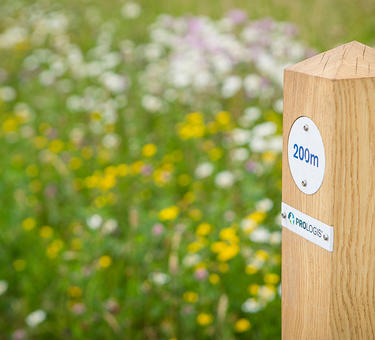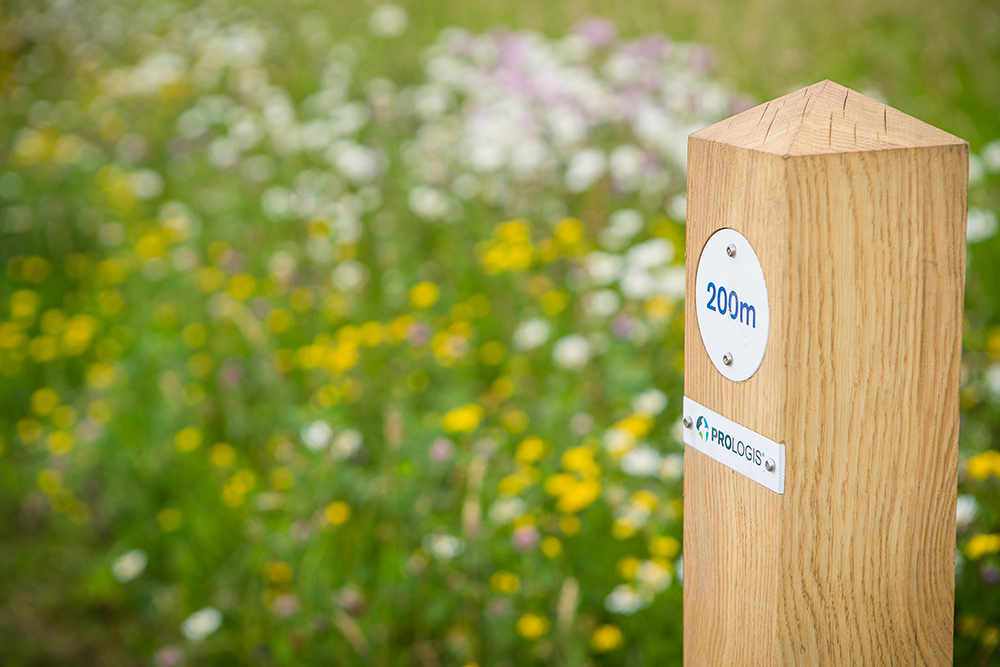Dutch magazine Logistiek spoke with Sander Breugelmans, country manager Benelux at Prologis, about the wishes and requirements of logistics real estate that are subject to change. More than ever before, Prologis is focusing on the well-being of staff, the setup of the surroundings and the redevelopment of existing business parks.
Prologis is active on every continent. The real estate developer’s customer base includes many internationally operating businesses that call repeatedly on the expertise of Prologis, whether in Canada, Brazil, Japan or Singapore. “What also appeals to these customers is our long-term vision. We demonstrate our commitment by retaining control of the warehouses and distribution centers,” says Sander Breugelmans, country manager Benelux at Prologis. This long-term vision means that Prologis invests heavily in innovation. In the Prologis Labs in California, new innovations in areas like lighting, flooring and data networks are tested in a real warehouse. “In addition, we invest in logistics startups, through Prologis Ventures, in order to learn from the new trends and developments in this sector,” says Breugelmans.
Well-being of staff
“In practice, the long-term vision leads to different decisions regarding the location and quality of the premises, which must still be attractive in 20 or 25 years’ time. We are also continually looking at the obstacles faced by our customers. At the moment, for example, that is the availability of staff. We take account of this by providing extra facilities in our warehouses.” A good example is the new building of Pantos Logistics in Tilburg. It is the first logistics center in Europe to be awarded gold status under the WELL Building Standard, an international standard that measures a building’s impact on the well-being of the staff who work there. “Take the quality of air and light, for example. In this building, we use as much natural daylight as possible. For the flooring, we used a special glue that has no adverse effect on the air quality. And in both the office space and the warehouse, we’ve planted lots of indoor greenery,” explains Breugelmans. In the Benelux, Prologis owns over 2.4 million m2 of logistics real estate, much of which is clustered in parks. This creates opportunities for promoting the well-being of both the staff and the local communities. “We like to talk to local authorities and residents about how it fits into the landscape, but we are also concerned with things like sports fields, picnic tables and jogging paths. We call it Park Life.”
Redevelopment of existing parks
Prologis takes the discussion about the effects of logistics development on the landscape serious. Breugelmans and his team meet with provinces and local councils as early as possible to discuss planning. “We don’t build premises all over the place, but choose to cluster warehouses and distribution centers at smart locations. These are preferably at multimodal terminals, so that we can use sustainable modes of transport, like water and rail.”
Prologis also invests in the redevelopment of existing, often outdated business parks. One example is a warehouse in Rotterdam built for the former Damco, which Prologis has renovated and made more sustainable at its own risk, expanding it with a truck court and fifteen extra loading docks, and then leasing it out again. Breugelmans says, “We regularly demolish old buildings to make space for modern premises. But it’s sometimes the case, like in Rotterdam, that parts of the old buildings are still usable. Often, we can leave the steel construction intact, so that we only have to renovate the façades, docks and roofs.”
Source: Logistiek

